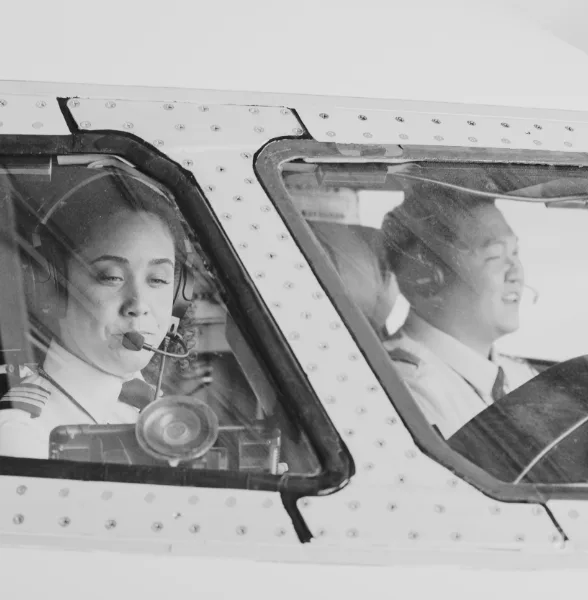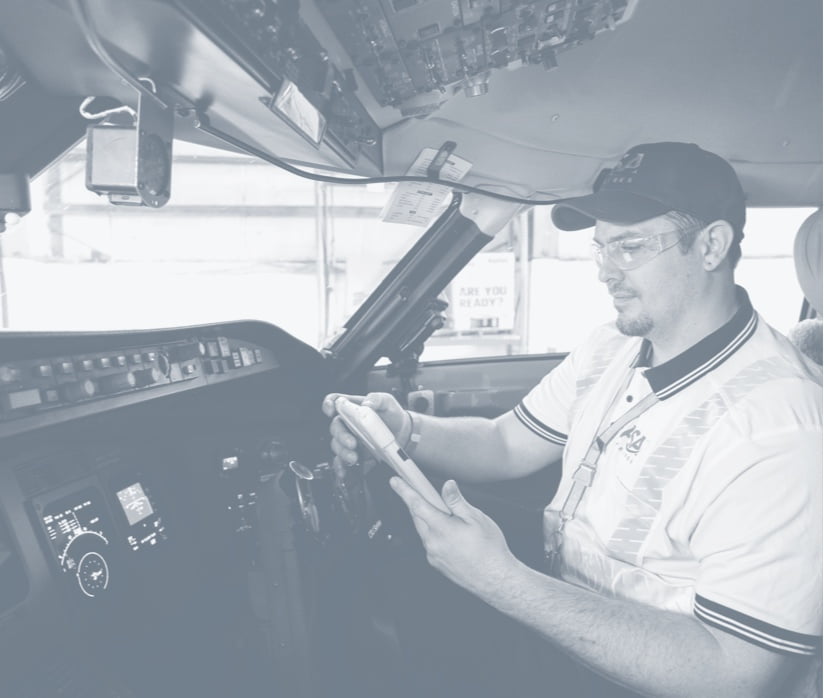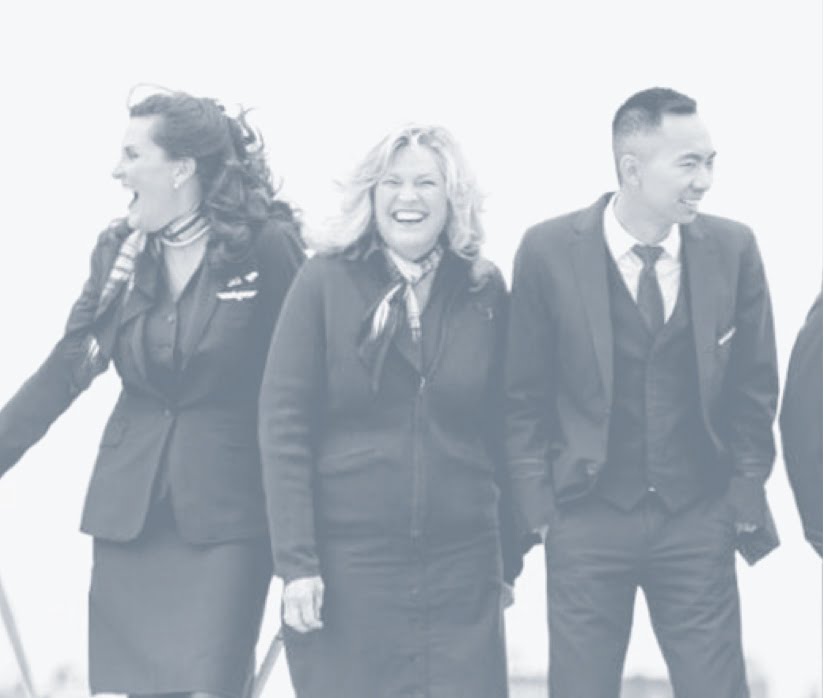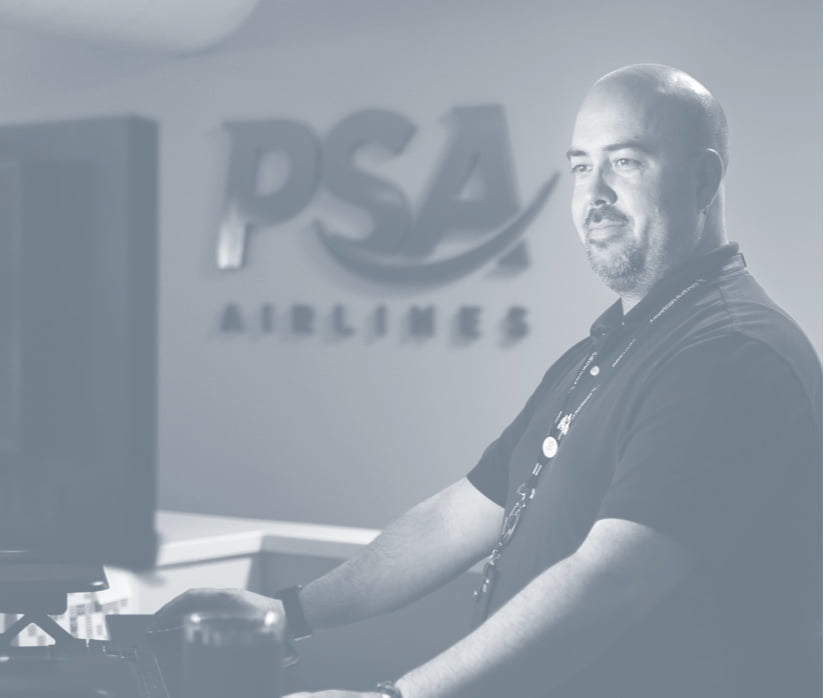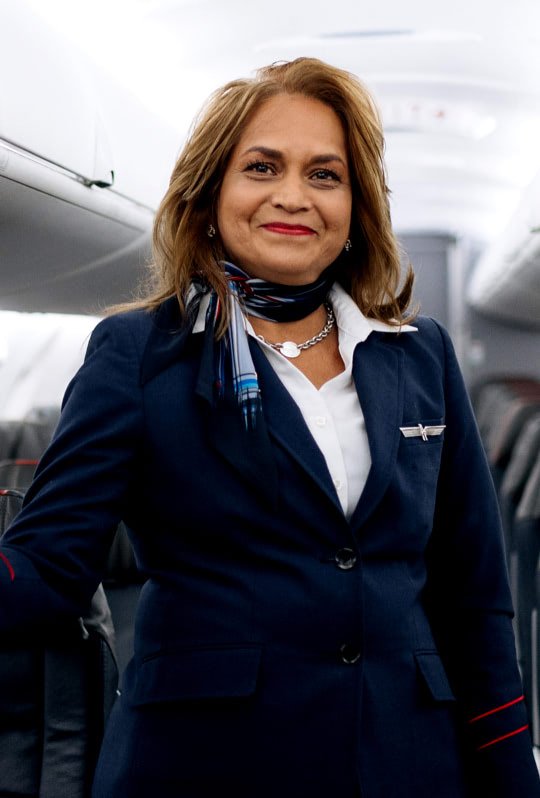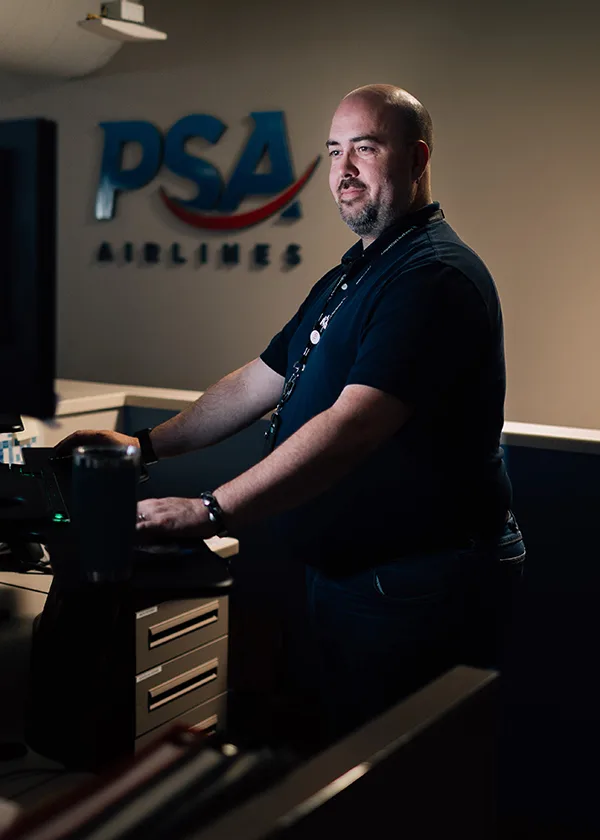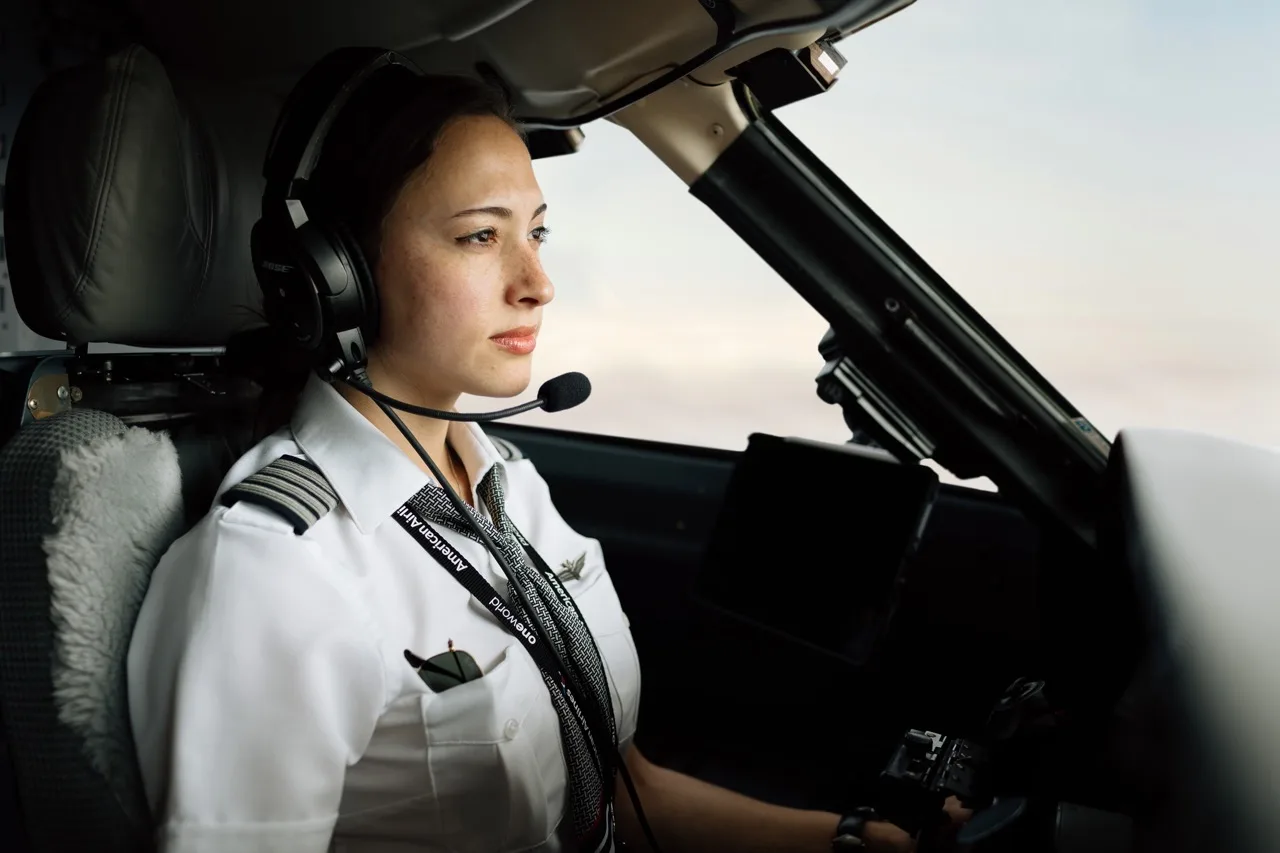Stay Current PSA Newsroom

August 13, 2025
What Are the Benefits of a First Officer Pilot Career?
Pursuing a career as a first officer pilot is more than a professional milestone – it’s a gateway to lifelong advancement, travel, and earning potential in the aviation industry. Whether you’re just entering the flight deck or looking to shift flight paths, understanding the full range of benefits tied to this role can help you chart a successful course.
Average Salary Insights for First Officer Pilots
First officer pilot salaries have steadily risen in recent years. This growth is fueled by growing demand and competitive recruiting across regional airlines.
At PSA Airlines, we offer one of the most competitive starting compensation packages in the regional market. As of 2025, our first officers begin at $99/hr., with a guaranteed 75 flight hours per month. Hourly rates increase with each year of service:
- Year 1: $99/hour
- Year 2: $106.50/hour
- Year 3: $114/hour
- Year 4+: $117.75/hour
Additionally, PSA honors prior 121 or 135 PIC time through longevity credit, helping pilots reach higher pay tiers and enhanced vacation and retirement benefits faster. Our pilot wage calculator makes it easy to estimate your potential earnings based on your background.
Looking ahead, industry trends remain strong. Air travel demand rising and retirements are creating openings at major carriers. PSA is well-positioned to maintain competitive pay for the next generation of professional pilots.
Understanding Benefits and Compensation Packages
At PSA Airlines, compensation goes far beyond your base pay. Our first officers receive a comprehensive benefits package designed to support your personal and professional journey – on the ground and in the air.
PSA pilots have access to medical, dental, and vision coverage, along with life insurance, a 401(k) with company match, and other financial planning tools.
For many, one of the most rewarding perks are travel privileges on the American Airlines global network. You, your family, and your friends can enjoy access to a world of destinations. It’s one of the many ways we make your career with PSA feel expansive and fulfilling.
Moreover, PSA offers a competitive compensation structure that reflects your contributions and grows with your experience. At PSA, you’re not just joining an airline – you’re joining a pathway to opportunity.
Explore what it means to become a First Officer at PSA Airlines.
Career Progression and First Officer Pilot Salary Growth
The aviation industry offers a clearly defined – and highly motivating – path of progression for pilots. After logging sufficient hours as a first officer, pilots upgrade to captain. This means higher salaries and increased command responsibility. From there, opportunities broaden to include line check airman positions, training roles, ambassador, and mentor roles.
PSA’s role as a wholly owned subsidiary of American Airlines makes our career progression model uniquely attractive. Through Direct Flow to American Airlines, qualified PSA captains can move into mainline roles without additional interviews or applications. This direct path allows you to transition confidently from flying the CRJ fleet at PSA to joining one of the most respected global carriers in the industry.
As your flight hours, certifications, and leadership experience grow, so does your value – and your compensation. At PSA, your career is on a trajectory backed by support, clarity, and opportunity at every stage.
Just beginning your aviation journey? Check out our Cadet Program, which provides structured pathways from flight school through to the right seat of a commercial aircraft.
Charting Your Course in the Aviation Industry
Understanding salary dynamics isn’t just about the numbers – it’s about empowerment. When first officer pilots have a clear grasp of industry compensation trends, they’re better positioned to plan their careers. This awareness helps pilots align professional growth with personal aspirations, knowing when to stay, when to move up, and how to prepare for future milestones.



